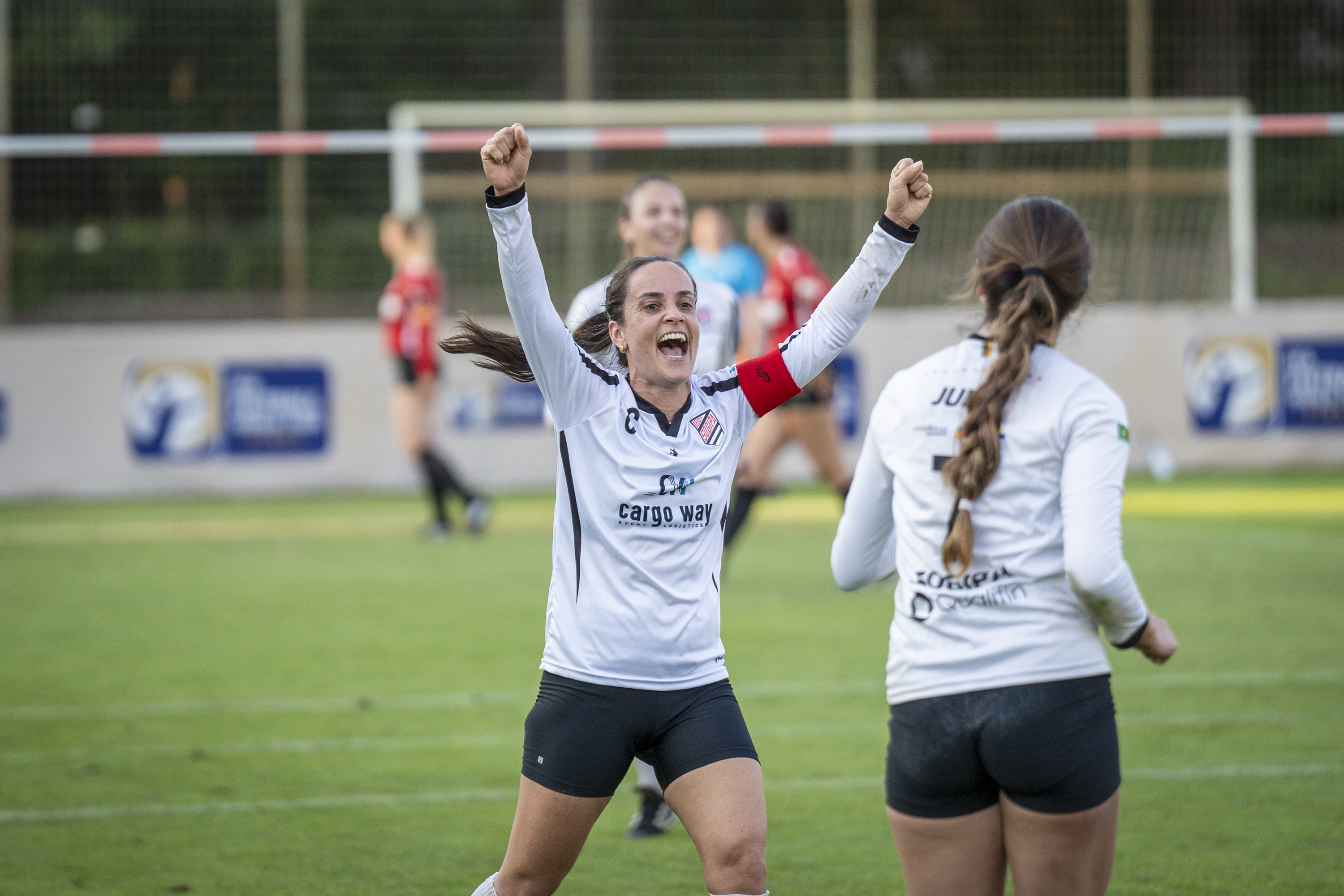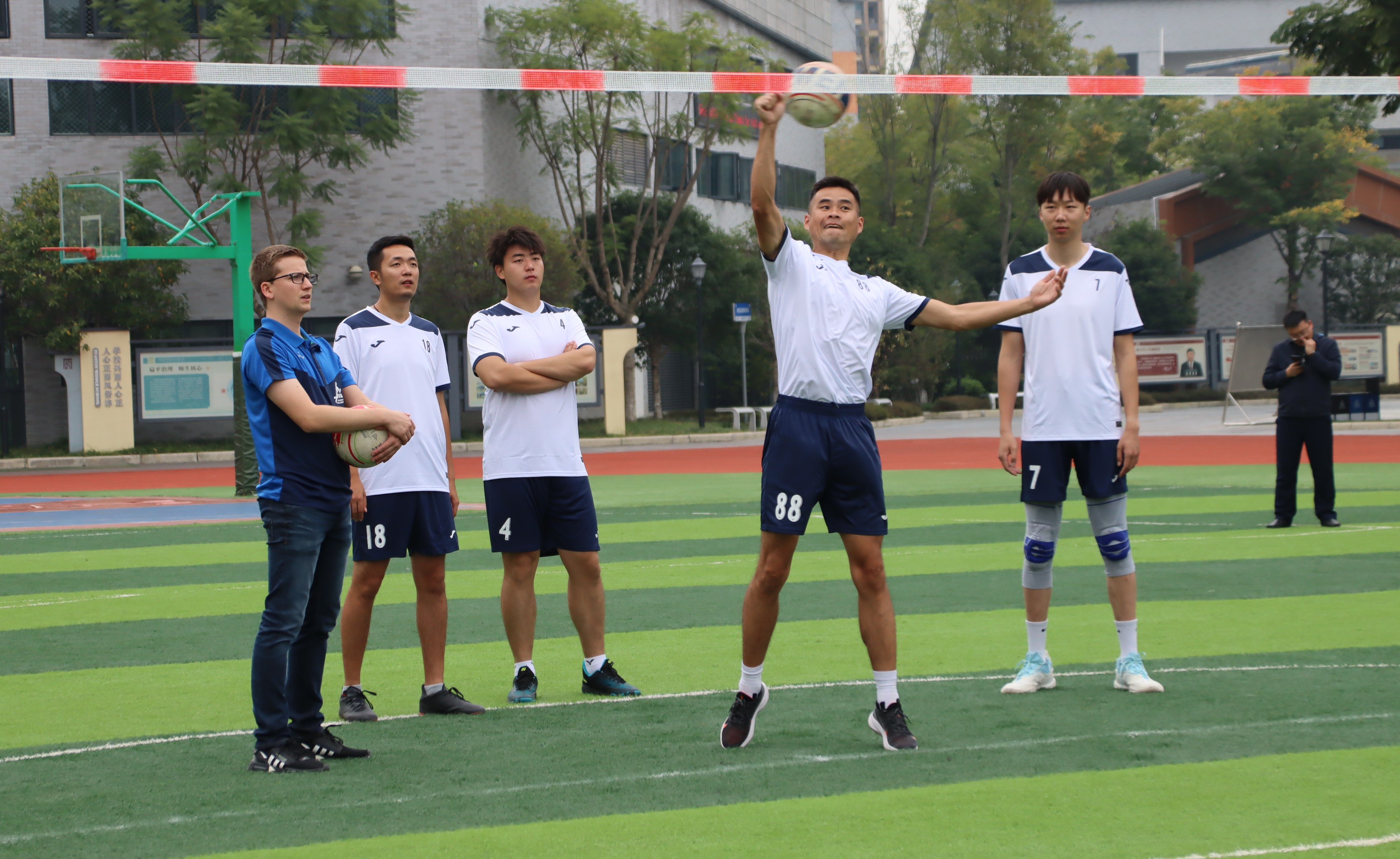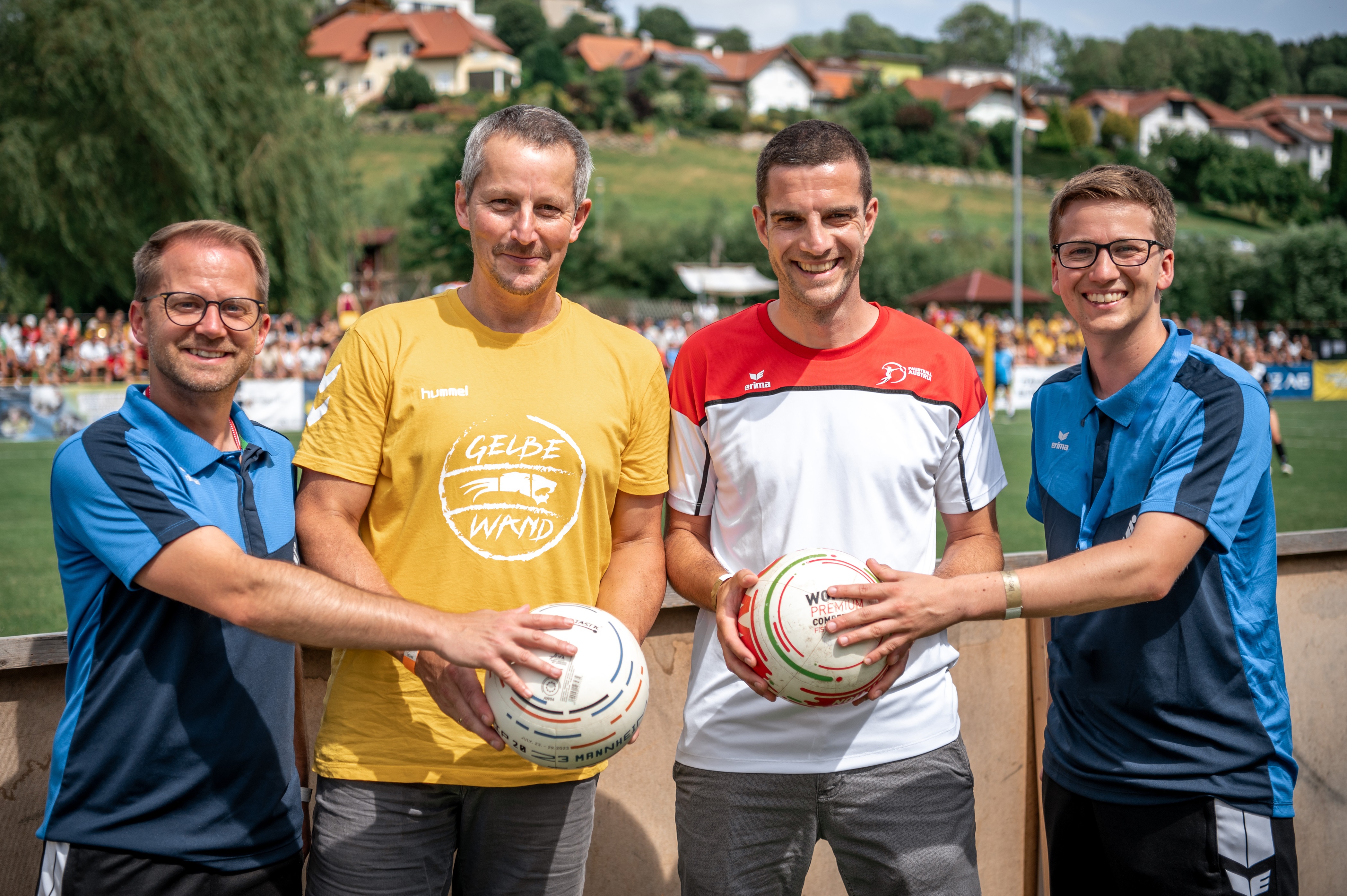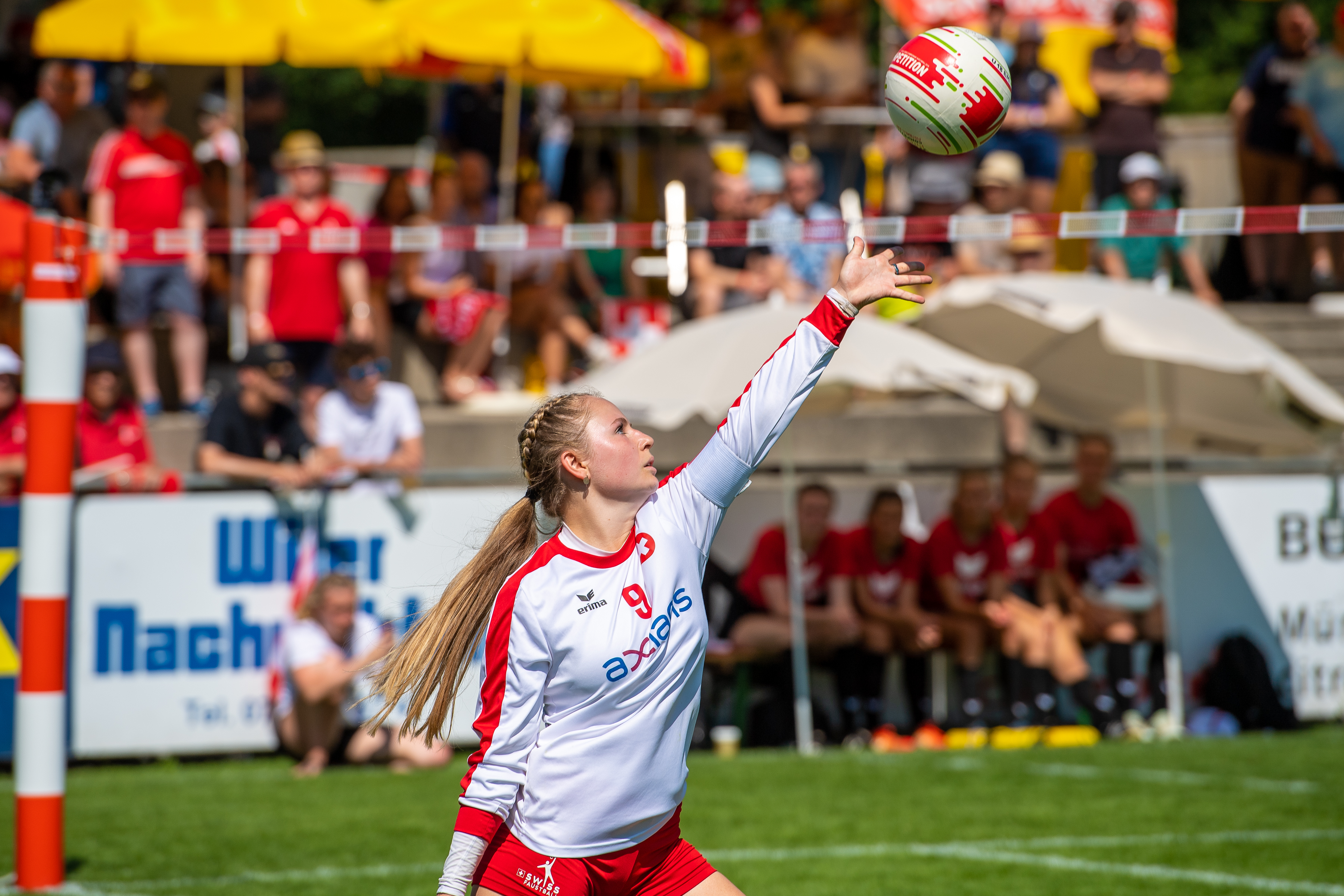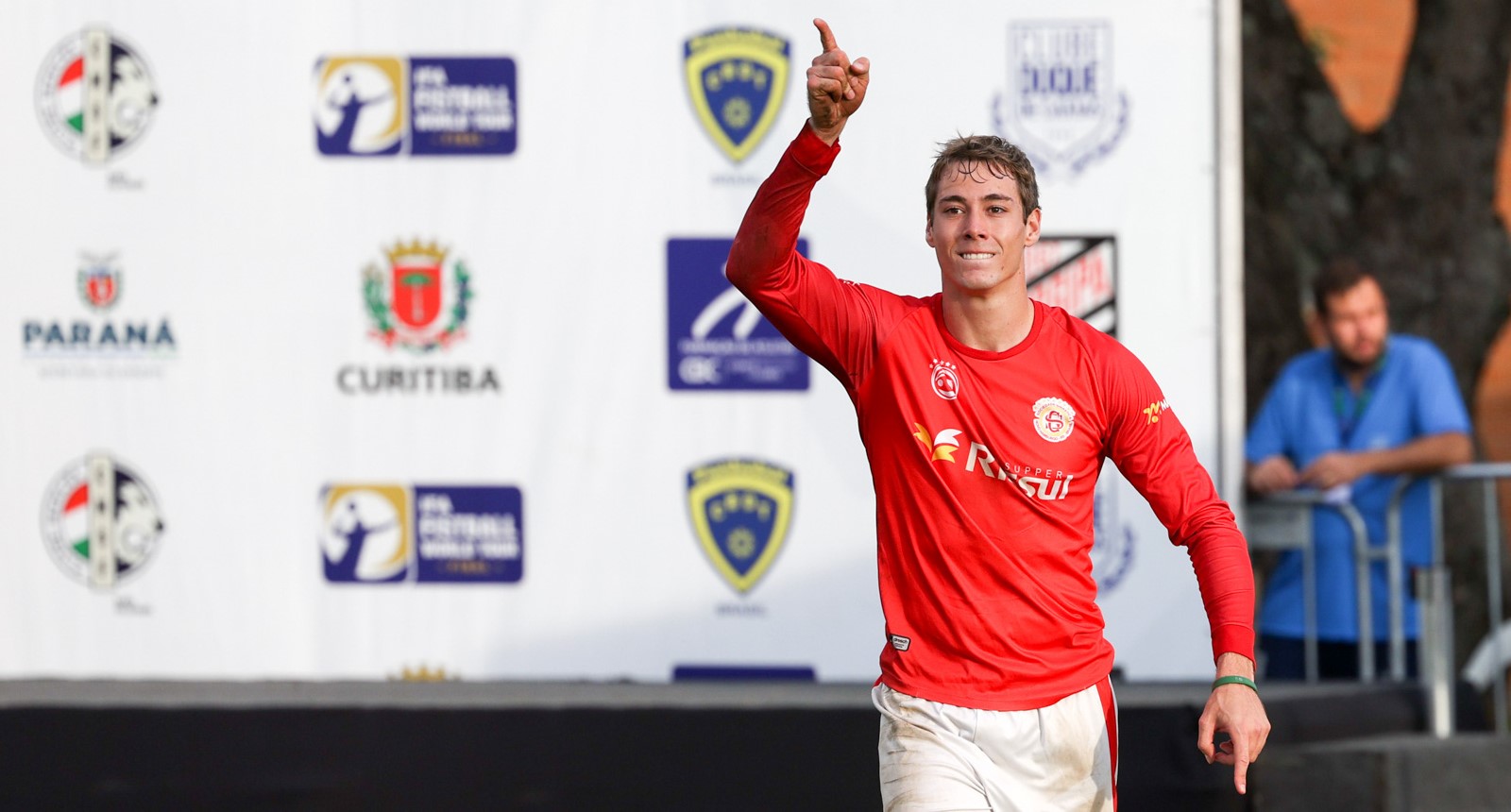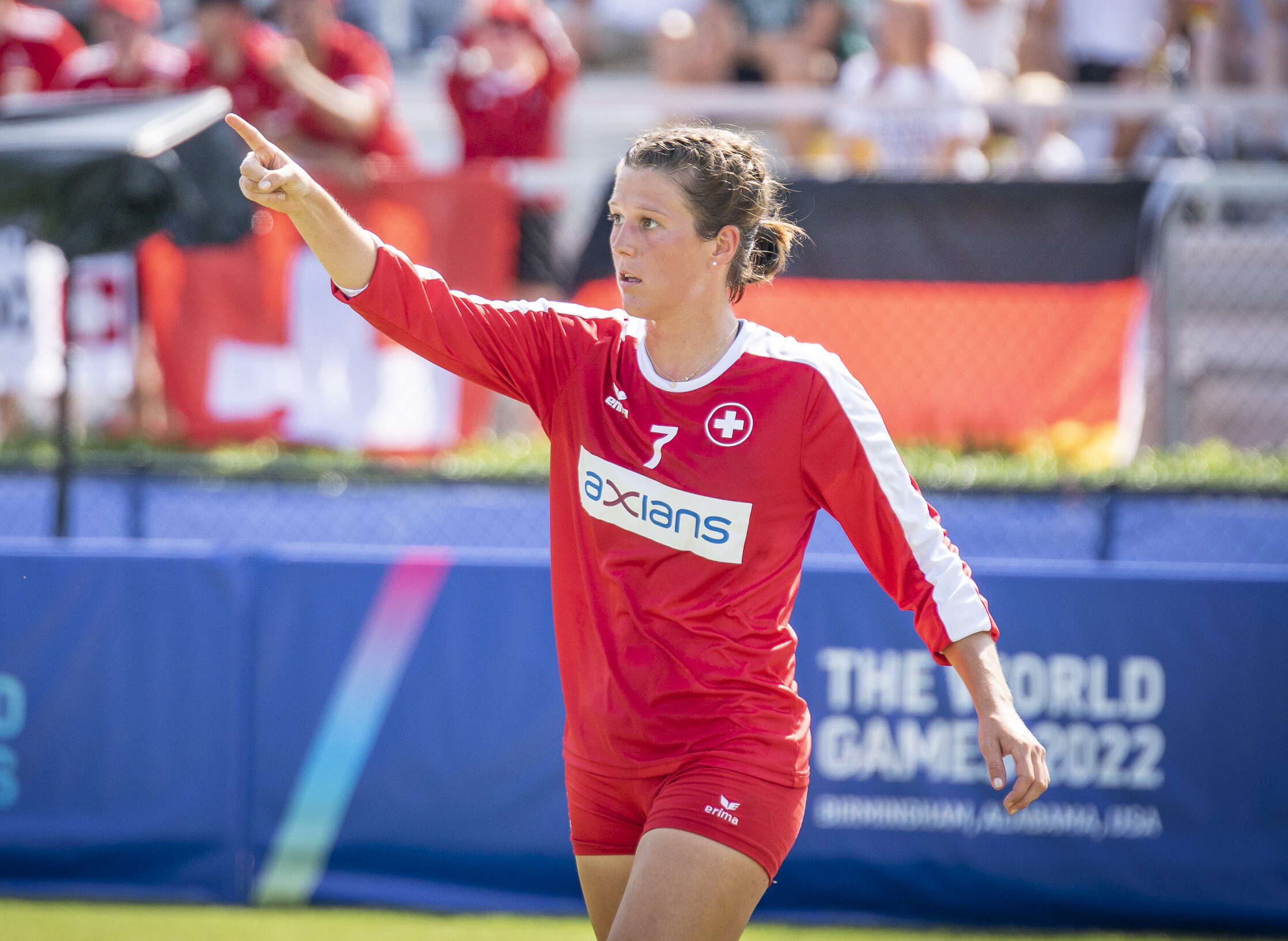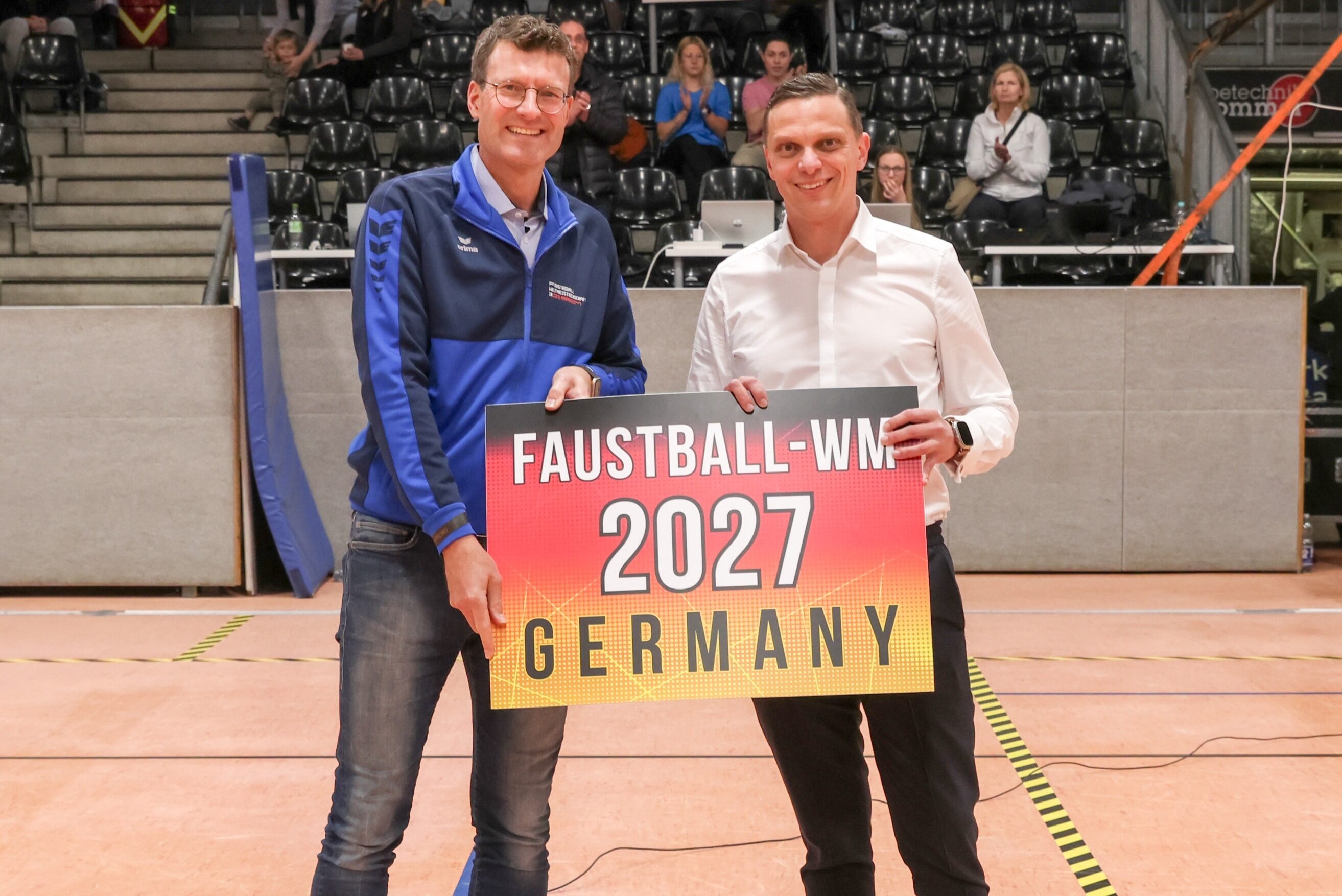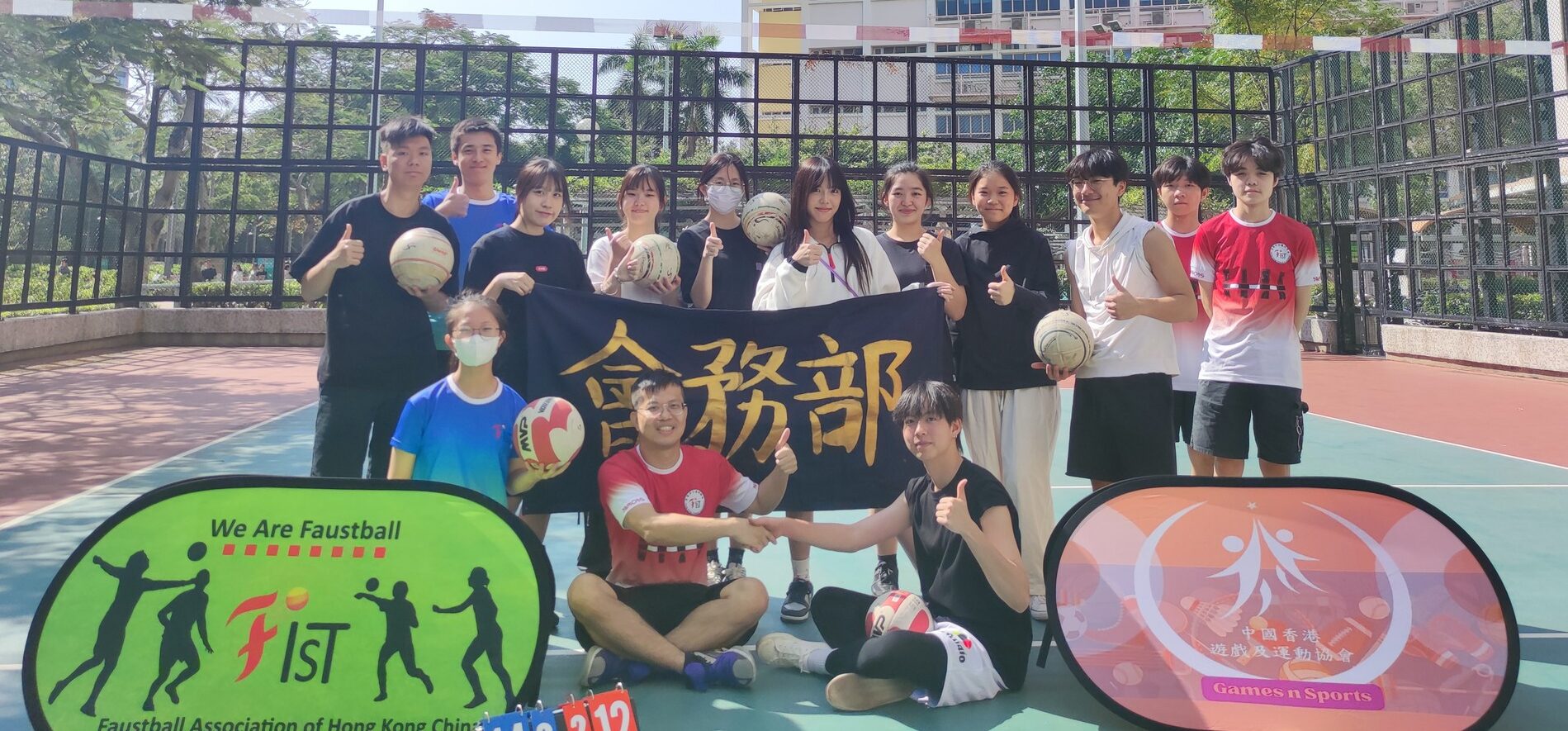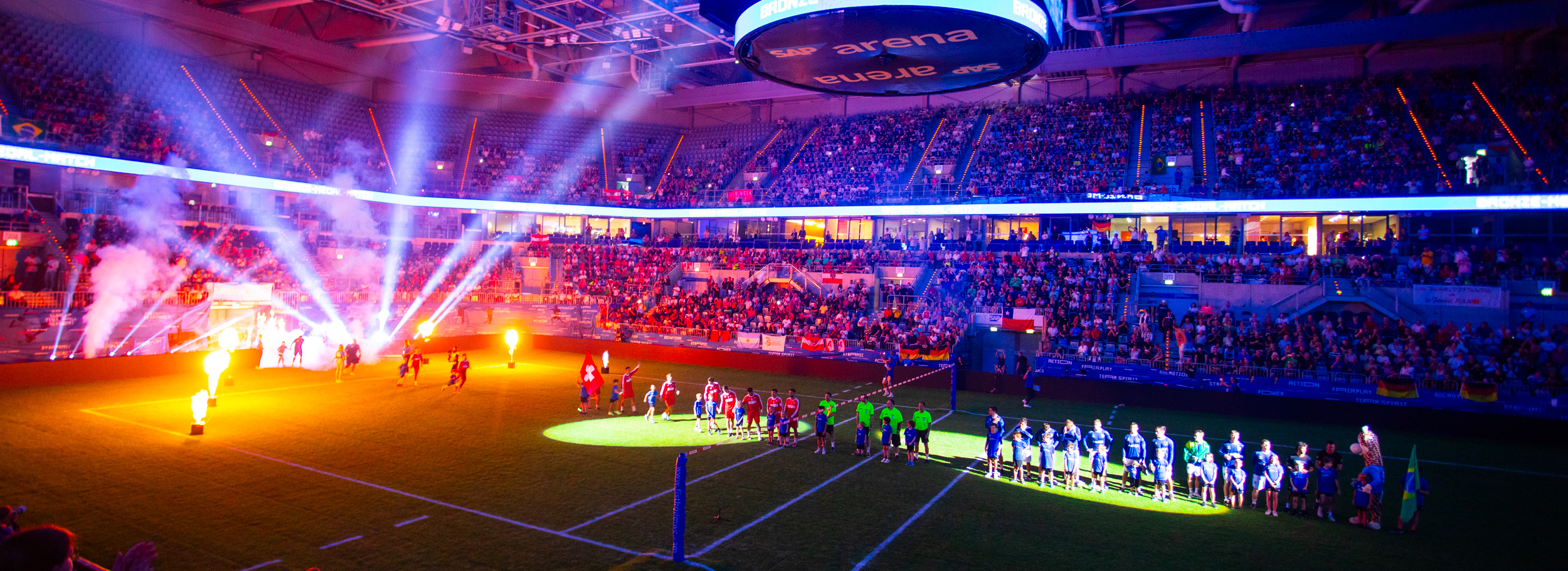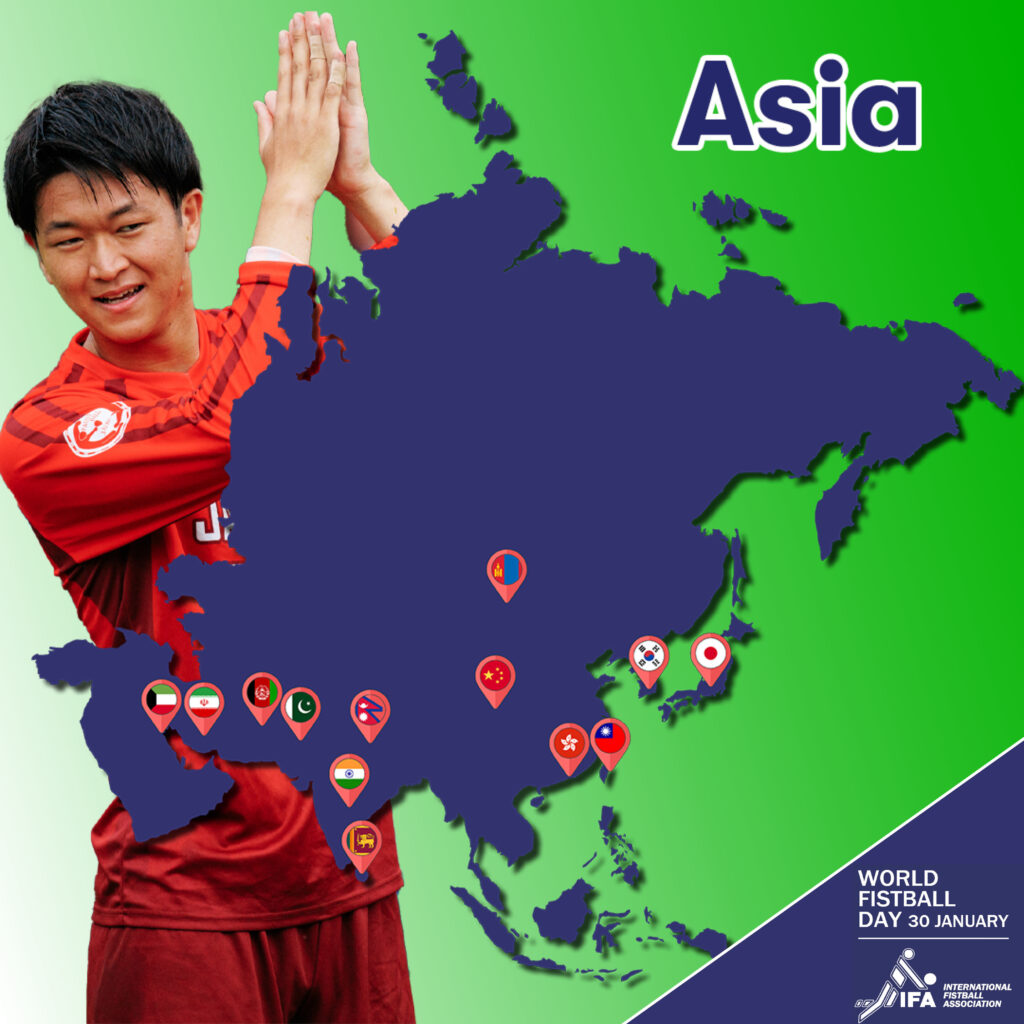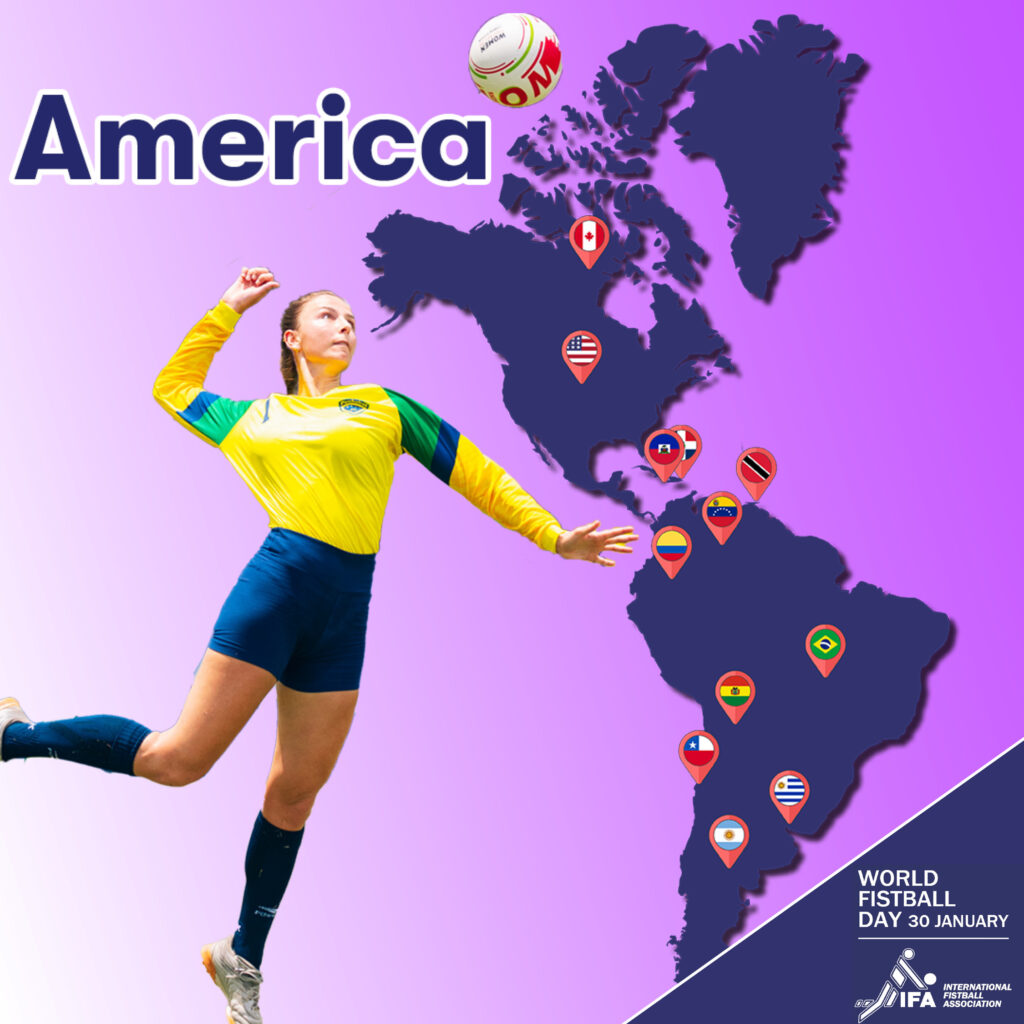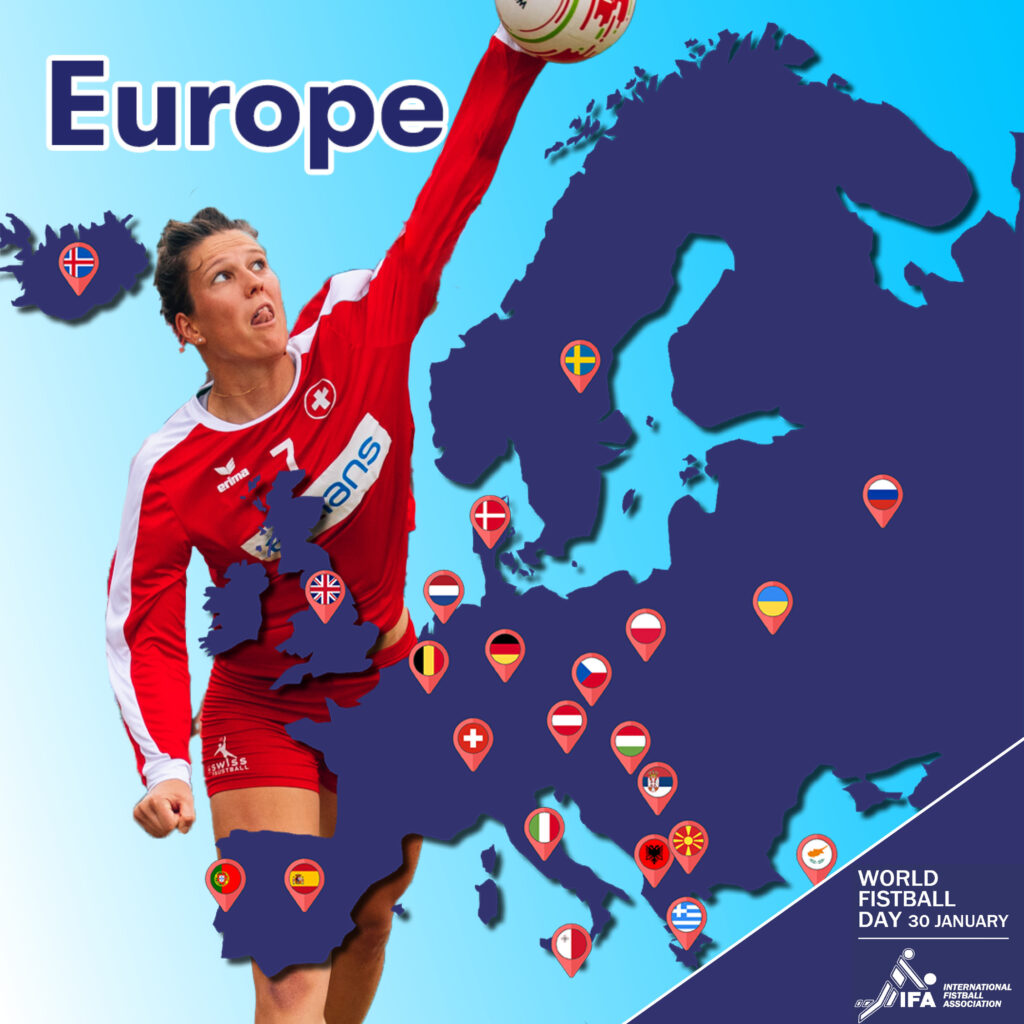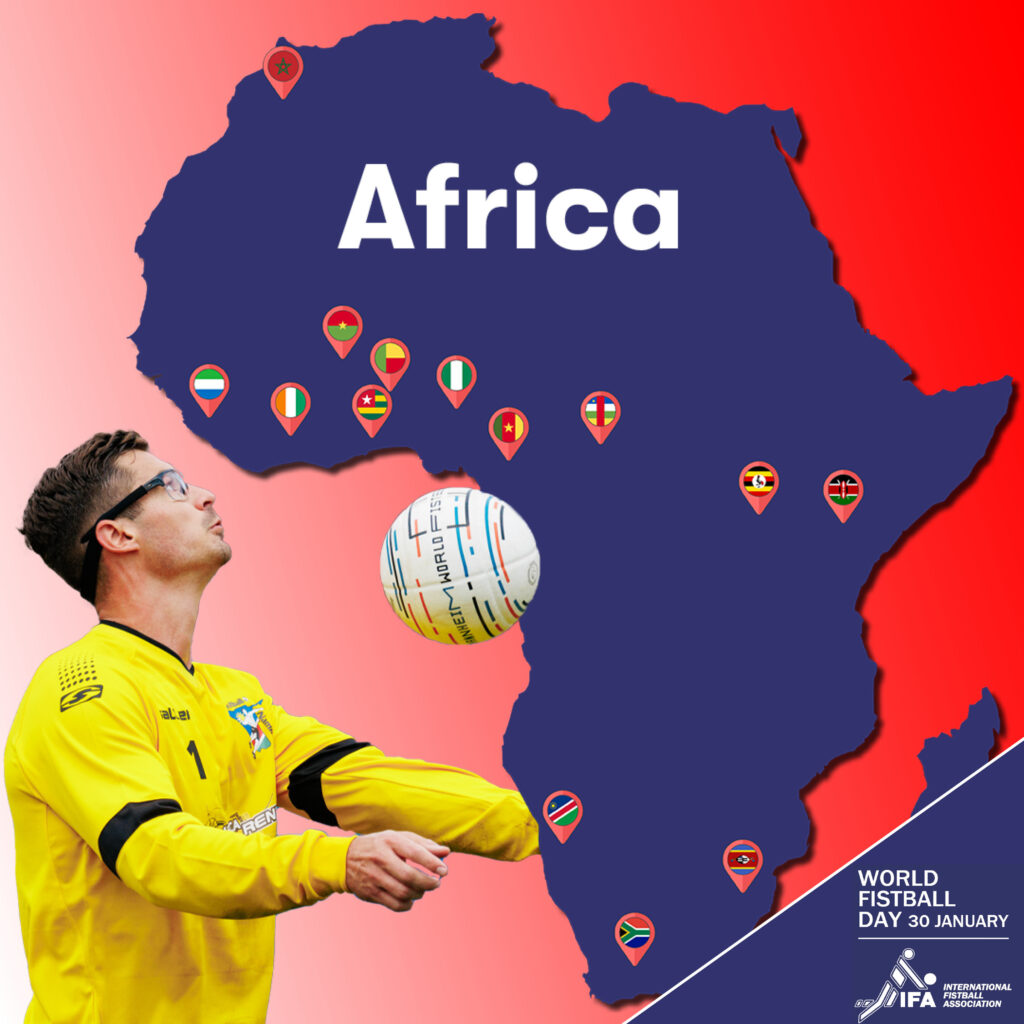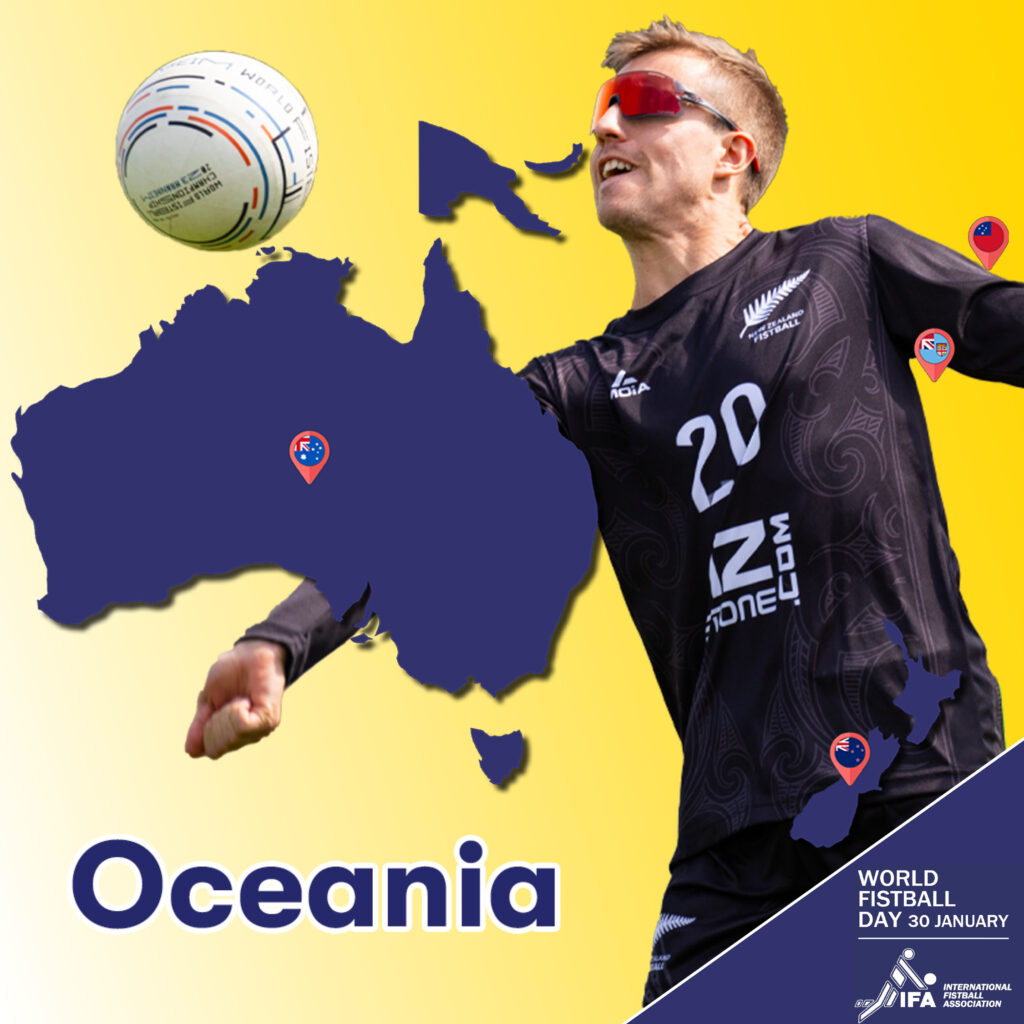The field of participants for the IFA Fistball World Tour Finals 2025 has been determined: In addition to the defending champions and continental champions, the best teams from the IFA Fistball World Tour 2024 have once again secured their ticket for the title fights of the top club teams. These will take place from July 24 to 27 in Vöcklabruck (Austria).
The top Brazilian teams of SG Novo Hamburgo (men) and SOGIPA/Cargo Way (women) have once again finished the 2024 World Tour year at the top. The men’s World Tour winners were once again SG Novo Hamburgo. The Brazilians improved once again compared to the previous year and secured a total of 3,500 points in their five tournament appearances. The women from SOGIPA/Cargo Way were even more impressive, securing first place on the World Tour with 4,500 points.
This means that both teams are also part of the World Tour Finals, which will take place in Vöcklabruck, Austria, from July 24 to 27, 2025. In the men’s competition, SG Novo Hamburgo not only won the World Tour, but also secured their ticket to the IFA Fistball World Tour Finals as South American champions. FBC LINZ AG Urfahr (Austria) secured the right to compete in the World Tour Finals via the European Champions Cup, while South Jersey FC (USA) will take up the North American starting right. Clube Mercês (Brazil), TV Vaihingen/Enz (Germany), Faustball Wigoltingen (Switzerland) and DSG UKJ Froschberg (Austria) have also qualified via the 2024 World Tour rankings. The starting field is completed by defending champion and host Union Tigers Vöcklabruck (Austria).
In the women’s competition, TSV Dennach (Germany) – after winning the title last year in Mannheim – will be the defending champions in Vöcklabruck. German rivals TV Jahn Schneverdingen, finalists in 2024, qualified as Champions Cup winners in Europe. As South American champion, Clube Morgenau (Brazil) has secured its ticket. The other teams will be filled via the 2024 IFA World Tour rankings: winner SOGIPA/Cargo Way (Brazil), Faustball Kreuzlingen (Switzerland), TSV Calw (Germany), SVD Diepoldsau-Schmitter (Switzerland) and Clube Duque de Caxias Curitiba (Brazil).


 Deutsch
Deutsch